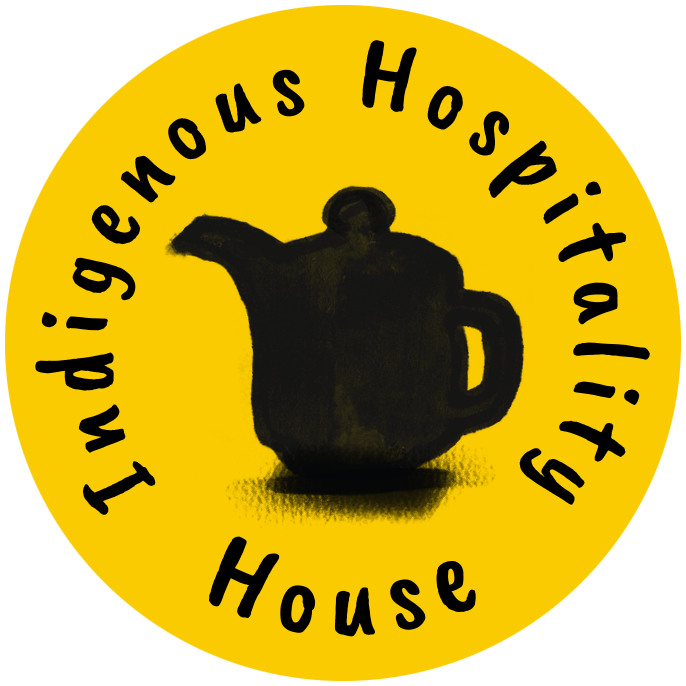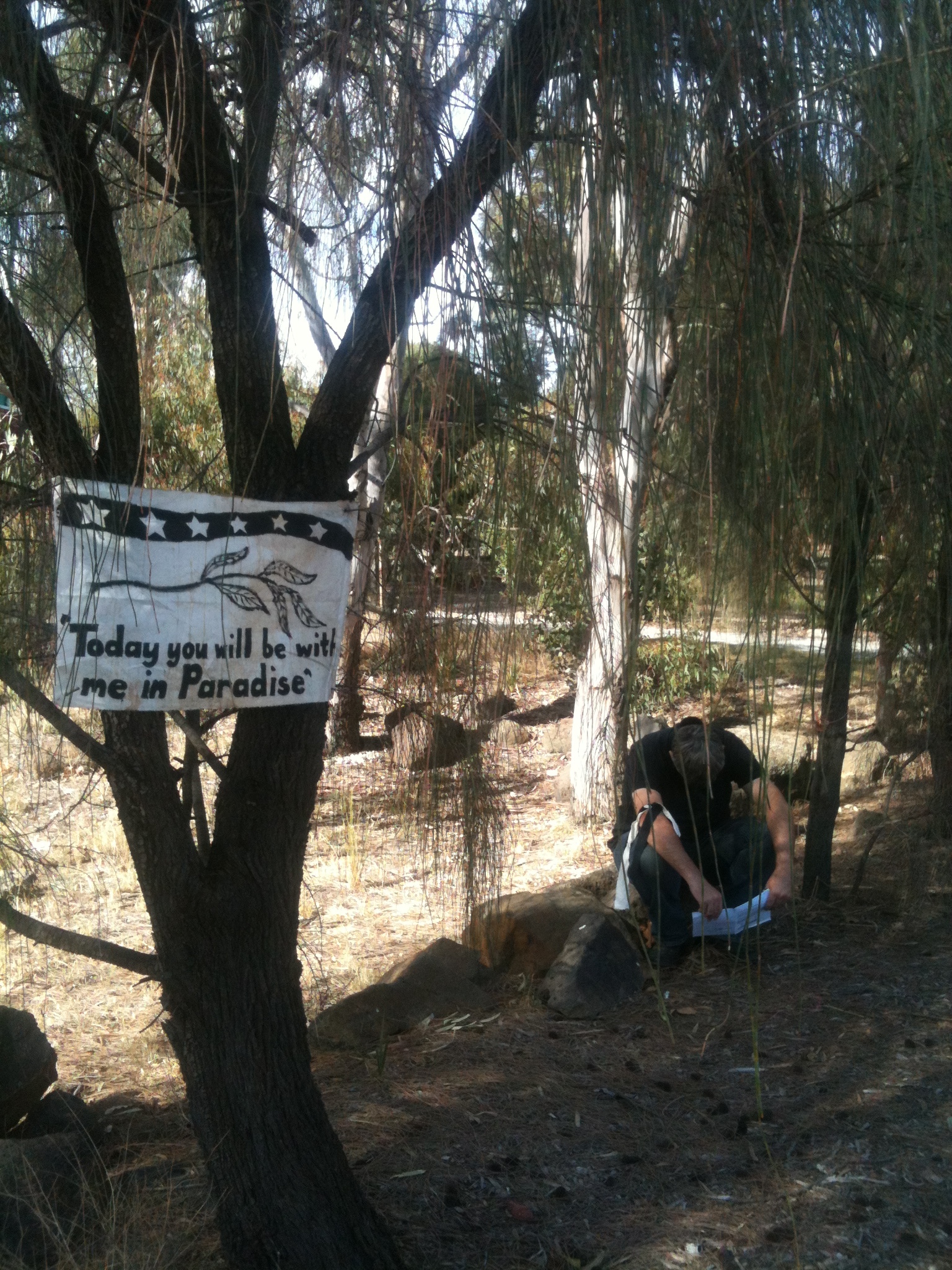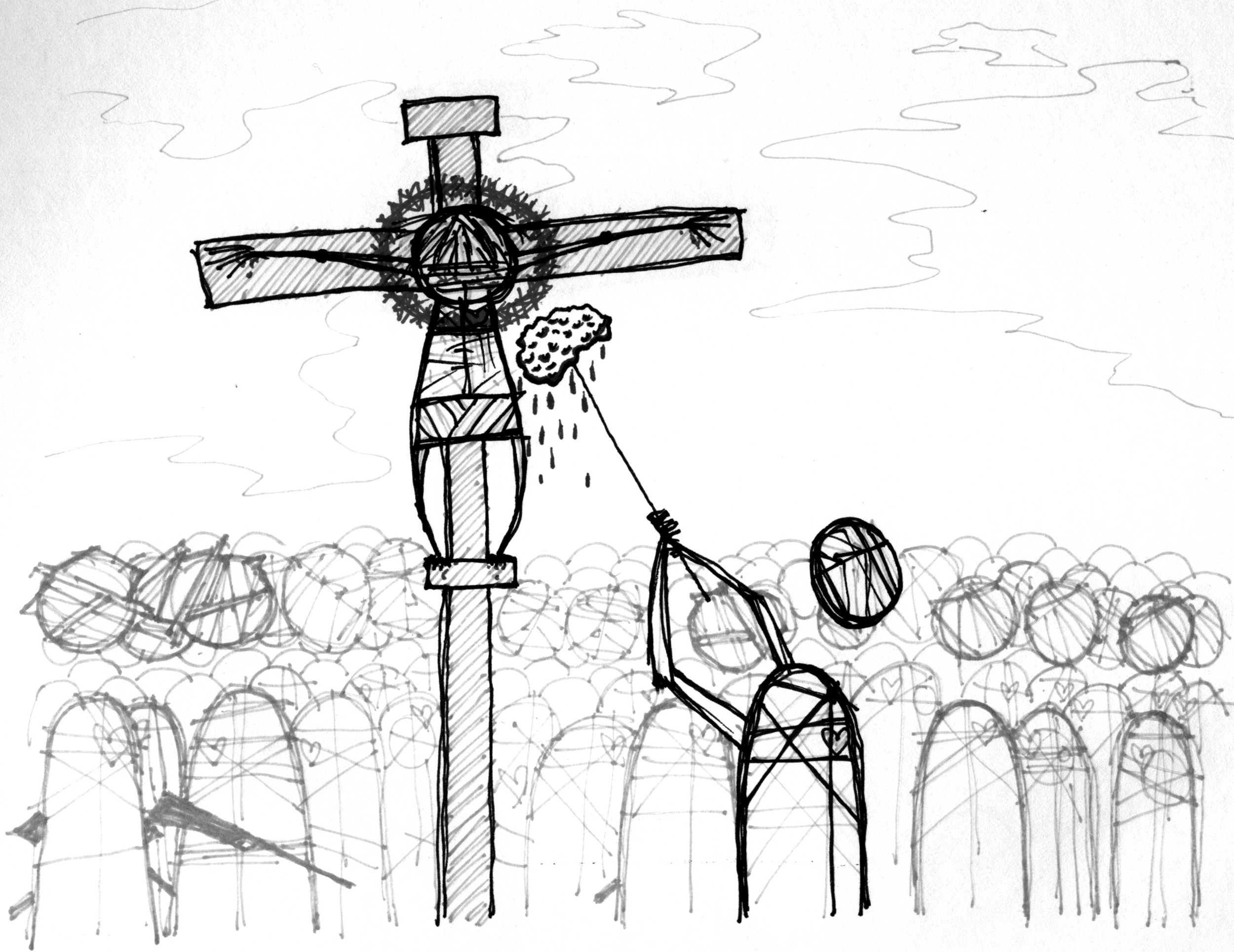I’ve been thinking a bit lately, about power and vulnerability. Sometimes, at the house I forget how much power we residents have. Power to choose who can stay with us, for how long and when. I forget and feel disempowered, squeezed out, pushed to the edges of my own home. My natural tendency is to give preference to our guests. To try and accommodate them as much as possible. I usually find I can do things this way in the short-term, but in the long-term it means I end up feeling resentful. If I am not able to take back some of the power I have given to guests, this resentment can build and impact negatively on my ability to host. It can then cause me to resent myself because I am not hosting well, which means I feel further disempowered in my situation.
Some of our most recent guests were grandparents of a premature baby boy. They stayed with us for just under a month while the baby was in hospital and then, while a maternal health nurse from VAHS came to see how the baby was doing. Like most grandparents, they doted on their grandson. Showing him off and tending to him so naturally. They had quite a bit going on, including housing pressures, and so DHS was also involved. While this family showed so much resilience and strength in dealing with their circumstances, it was revealing to see their whole attitude and confidence level drop when both DHS and VAHS were visiting. They seemed to become unsure of themselves and their abilities.
A friend came to visit last week. He lives just outside of Brisbane, and often hitchhikes in order to travel long distances. I was asking him about his choice to travel this way and mentioned that while I thought it was a great way to get around, I wouldn’t — as a short, young-looking woman — feel confident hitchhiking on my own. He told me that he had not had any negative experiences, and knew of some women who traveled in pairs, and some older women who traveled independently this way.
Sometimes, at the house it can feel like we’re not doing enough. We justify our time off by maintaining that we are volunteers, and that we need our home to ourselves some of the time. This argument can fall down though when confronted with continuing unmet need. It seems selfish to be looking forward to having a break, when our guest’s hospital business continues and they have to find alternative accommodation. However without these short-term breaks, the long-term work could not continue.
My friend who hitchhikes has had trouble finding work. So, maybe what I see as an act of adventurous independence is — for him — a practical solution to the real problem of not having enough money to get around. Or maybe he sees not just the risks but also the benefits of catching a ride with others; providing company for people who are often traveling long distances alone, creating safer communities by encouraging generosity and finding new friends, all while getting where he needs to go. Maybe strangers aren’t so very dangerous after all?
Surprisingly at the end of last week the grandma who had been staying with us made a choice. She made the choice to leave our house of hospitality and put herself and her family in a more precarious living situation. She told me, 'I’m going to do it my way now.' She had understood that while she and her family were staying with us they were not perceived as vulnerable enough to need immediate attention. She understood that in order to get what she and her family needed in the long-term she had to act counter-intuitively in the short-term. She had to put her family at greater risk in order to become more secure.
Perhaps it is our broader systems of power that need some work…
- Mehrin























